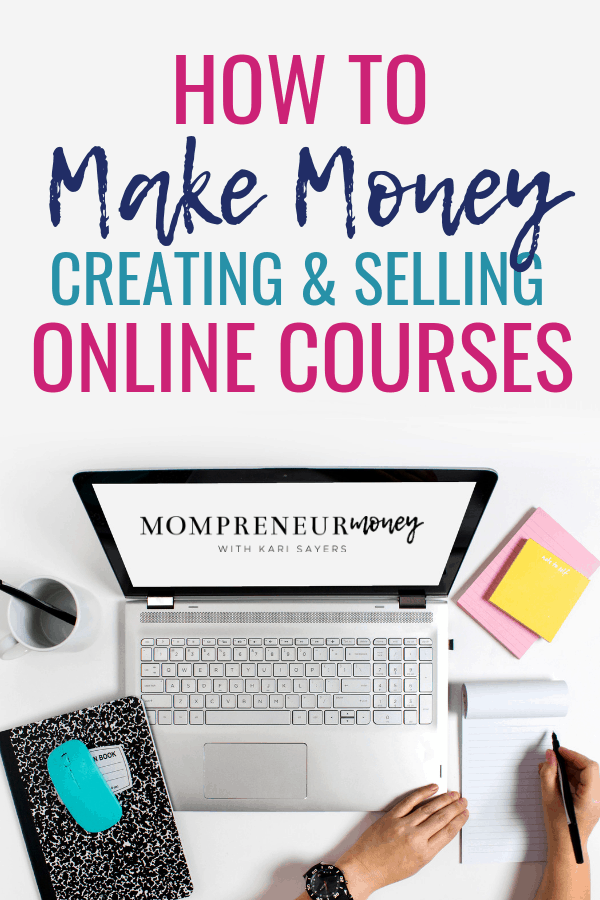Interested in learning how to make money selling online courses?
I love selling online courses, both of my own and as an affiliate for others.
Once you have created your course, it becomes a source of passive income, as you can sell the course over and over again.
Let's get started!
How to Make Money Selling Online Courses
Step 1: Finding an Online Course Idea
So, you want to learn how to make money selling online courses. Great! The first thing you need to do is to find a valid course idea.
If you have an existing audience and email list, this step may be pretty easy.
You can send your readers an email and simply ask them what topic they might be interested in learning about in more detail from you.
If you want this to be less open-ended, you can put together a questionnaire using Google Docs or Typeform and ask your email readers a few multiple-choice questions.
Another way to tap into your existing audience for course ideas is to go back and look at old comments and old emails to see what kind of questions your audience has asked you in the past.
Any course you create will be solving a specific problem for your audience. The comments and emails could be a sneak peek into the problems they are running into.
If you do not have an existing email list to ask your readers flat out, don't worry.
Those questions are problems waiting to be solved with your online course!
You can also search online forums, YouTube, and course marketplaces to get inspiration for your online course.
Step 2: Creating a Course Outline
After you have decided on a valid course idea, it's time to make an outline for your course.
Start by writing 5-10 steps that your potential student will need to take in order to achieve the end goal. Each step will then become a lecture topic for your online course.
You will flesh each step out with more details that the student will need to know in order to accomplish the course goal.
You will also need to decide the best way to deliver your online course based on your audience. Will you create a text-based course? A video course? An audio-only course? A mix?
Think about this as you are outlining your course and make notes under each step as to whether you will record a video, do a screencast recording, just write some text, etc.
Step 3: Recording an Online Course
You'll want to make sure you have the right tools and equipment to record your online course.
Clearly, you will need a good microphone and computer.
But you should also think about which screencasting software you want to use (if necessary), will you use the built-in camera on your computer, purchase an external camera, or use your smartphone?
Which online course platform will you use to deliver your finished course to your students?
Do a little research to see which tools might best fit your need. You can find some of my favorites mentioned below.
Step 4: Publishing and Marketing an Online Course
Once your course is ready to go live, you will publish it to whatever platform(s) you decided to use.
I recommend this one as the best platform for course creators!
Another thing to note is that you can choose to publish your online course on multiple course marketplaces like Udemy, Skillshare, etc. and earn income from these multiple sources, as well.
Course marketplaces can help to get your course exposure using their built-in audiences.
However, for courses that are not published on a marketplace (i.e. on your blog using a plugin, using Kajabi, Teachable, Thinkific, etc.), you get to create your own marketing strategy for those courses.
Considering sharing your course on Facebook and Instagram. Think about running Facebook and Instagram ads for extra exposure.
Create beautiful pins for Pinterest and promote your course on that platform if it fits your audience.
Reach out to other bloggers in your niche and ask if they will review your course and give you feedback (and possibly even write a review if they really enjoyed it.)
Who knows, maybe a few of the bloggers you reach out to will even promote it to their own audience.
It doesn't hurt to ask!
Along the same lines, if you have an existing audience, get them involved from the very beginning.
You can probably get a handful of them to be beta testers for your online course in exchange for free access.
Sneak Peak from My Course: How to Create and Sell Online Courses
For a step-by-step guide to create an online course, try this.






